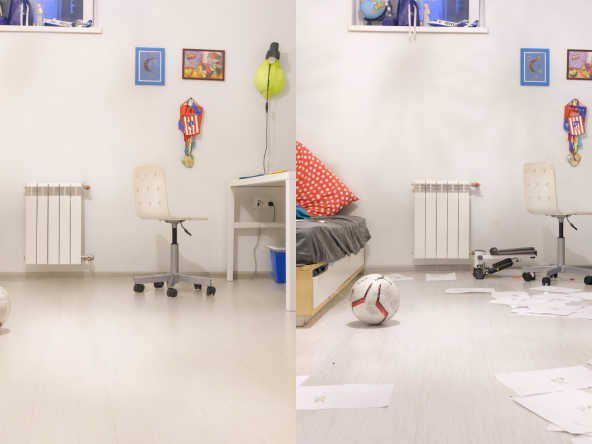Renting out your property is an excellent way to generate income and maximize the return on your real estate investment. However, doing it safely requires a well-drafted contract. Understanding the essential clauses in a rental contract will help you protect your property and prevent potential disputes with your tenants.
At Maonlof, we explain the essential sections every rental agreement should include and how to ensure all terms are clear from the start.
Why Is a Well-Written Rental Contract So Important?
A rental contract is much more than just a document. It is a legally binding agreement that outlines the rights and responsibilities of both the landlord and the tenant.
Including the key clauses in a rental contract ensures transparency, reduces the risk of non-payment, and prevents ambiguous interpretations. Moreover, the contract provides solid legal backing in the event of a dispute or breach.
Key Rental Contract Clauses Every Landlord Should Know
1. Complete Identification of Both Parties
The contract must include the personal details of both the landlord and the tenant, including their full name, ID or passport number, and address. This is essential in order to avoid any confusion or future disputes.
2. Detailed Property Description
Include the exact address, the type of property (apartment, house, studio), the surface area, any annexes (storage room, garage, terrace), and the current condition. This information protects the landlord and provides a record of the property’s initial state.
3. Contract Duration and Renewals
The duration is one of the key clauses in a rental contract. In Spain, the usual term is one year, which can be renewed for up to five years if the landlord is a private individual. It is important to define clearly when the contract starts and ends, and under what conditions it can be renewed or terminated.
4. Rent Amount and Payment Terms
Specify the monthly rent, payment date, bank account details, as well as the accepted payment methods (transfer, direct debit, etc.). You should also include details of late payment or non-payment, and who is responsible for additional expenses such as community fees, utilities, or taxes.
5. Deposit and Additional Guarantees
Under Spanish law, a one-month rent deposit is required for contracts between individuals, which must be registered with the relevant authority. Some landlords may also request additional guarantees, such as a guarantor or an extra deposit. This clause must be clearly stated in the contract to avoid misunderstandings.
6. Maintenance and Repairs
This is one of the most important clauses in a rental contract. The landlord is responsible for structural repairs and wear and tear, while the tenant is responsible for minor repairs resulting from daily use. Documenting this avoids disputes over who should cover certain costs.
7. Use of the Property
It should be clearly stated that the property is intended for residential use only by the tenant. Subletting or using the property for commercial purposes without authorization is not allowed. Including this clause protects the landlord from any improper use of the property.
8. Early Termination
Specify the conditions and notice periods for either party to terminate the contract before its expiration. You may also establish proportional penalties to compensate for potential financial losses.
9. Inventory and Initial Condition
If you are renting a furnished property, it’s essential to prepare an inventory listing all the items and their condition. This document should be attached to the contract and reviewed at the end of the lease.
Tips for Landlords Before Signing the Contract
Review all clauses carefully. Don’t sign until you’re sure they reflect your conditions.
- Verify the tenant’s solvency. Asking for prior documentation will give you peace of mind.
- Include clear and balanced clauses. A fair contract will improve your relationship with your tenant.
- Keep copies of everything. Having proper documentation helps prevent future misunderstandings.
- Seek professional advice. At Maonlof, we can help you review and draft contracts that protect your interests while complying with current regulations.
Conclusion: Your Property’s Security Starts with the Contract
The best way to protect your property and ensure a smooth rental experience is to understand and correctly apply the key clauses in a rental contract. A clear, legal, and well-structured contract guarantees peace of mind for both landlord and tenant.
In Catalonia, landlords are required to register the rental deposits with INCASOL (Institut Català del Sòl). This process involves uploading the rental contract and providing all the details included in it. Therefore, it is essential to have the key clauses clearly defined and properly written, both to protect your property and to comply with legal requirements when registering the contract.
We guide property owners through the entire process of drafting, managing, and signing rental contracts, always prioritizing transparency and security.
Are you ready to rent your property safely? Contact us and let your home be handled by real estate experts.



